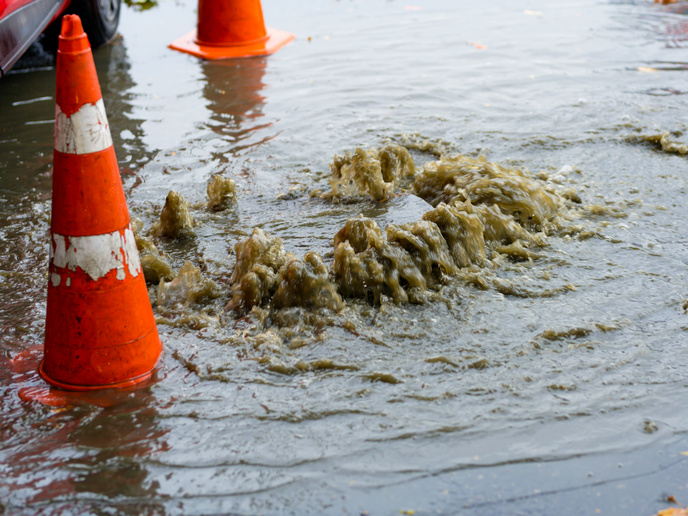Putting the climatic spotlight on stormwater run-off
Since its launch in September 2022, the EU-funded D4RUNOFF project has been working to prevent and manage pollution from urban water run-off. With climate change, many urban areas are experiencing unusually heavy rains that are overworking their wastewater systems and allowing harmful pollutants to enter the surrounding environment. D4RUNOFF is developing data-driven, hybrid, nature-based solutions (NBSs) for current and future risk scenarios to help optimise the quality of stormwater. The first step in the project’s approach is the development of novel detection methods that can provide what an ‘Innovation News Network’ article refers to as “a ‘chemical fingerprint’ for each water sample based on signals from known pollutants and unknown compounds that are not (yet) included in monitoring programmes.” This enables D4RUNOFF researchers to compare the chemical composition of run-off from different European cities and pinpoint priority pollutants found in the samples. The project is also developing novel sensors to identify and monitor contaminants of emerging concern (CECs), such as endocrine-disrupting compounds, pharmaceuticals and microplastics. These in situ monitoring devices integrate the latest technologies – microfluidics, nanomaterials, electrochemical and Raman sensors, and advanced machine learning data analysis – to offer better insight into different aspects of pollution linked to urban run-off and their impact on the environment.
Developing cost-effective mitigation solutions
Following an exhaustive review of drainage techniques, D4RUNOFF developed a library that has enabled the parametric design of different NBSs. The researchers used multi-criteria decision analysis to prioritise these sustainable techniques that resulted “in a ranking of NbS led by constructed wetlands and green roofs.” The sustainability and viability of the final decision was ensured by also taking into account economic, environmental and social criteria. “The next step is to locate areas of opportunity for NbS using a Geographical Information System (GIS) that identifies the suitable places within the urban environment that meet the conditions for NbS implementation and proposes the best hybrid solutions for urban drainage in a given district,” reports the article. A pivotal element of the project is the development of the AI-Assisted Platform. The platform will help water management stakeholders plan, operate and monitor urban infrastructures with respect to the design of effective strategies to cope with and mitigate urban run-off events. For example, green consultants will be able to select the most effective NBS for each problem spot. City managers will use pollution risks highlighted on a map to target efforts where they are most needed. A policymaking support system will help city managers and policymakers identify critical areas in the regulatory framework where interventions are needed to improve CEC monitoring and prevent pollution. The developed methods and tools are being demonstrated in three cities covering different climate areas: Odense (Denmark), Pontedera (Italy) and Santander (Spain). Las Llamas Park, the site selected for the Santander case study, was recently featured in the BBC documentary series ‘Monty Don’s Spanish Gardens’ hosted by renowned British horticulturist Monty Don. D4RUNOFF (Data driven implementation of hybrid nature based solutions for preventing and managing diffuse pollution from urban water runoff) ends in February 2026. The ‘Innovation News Network’ article describes the project in a nutshell: “D4RUNOFF project embodies the essence of the EU’s environmental strategy – informed by science, driven by policy and motivated by the vision of a healthier, more sustainable future for all.” For more information, please see: D4RUNOFF project website
Keywords
D4RUNOFF, run-off, water, stormwater, urban, pollution, nature-based solution, contaminant of emerging concern



